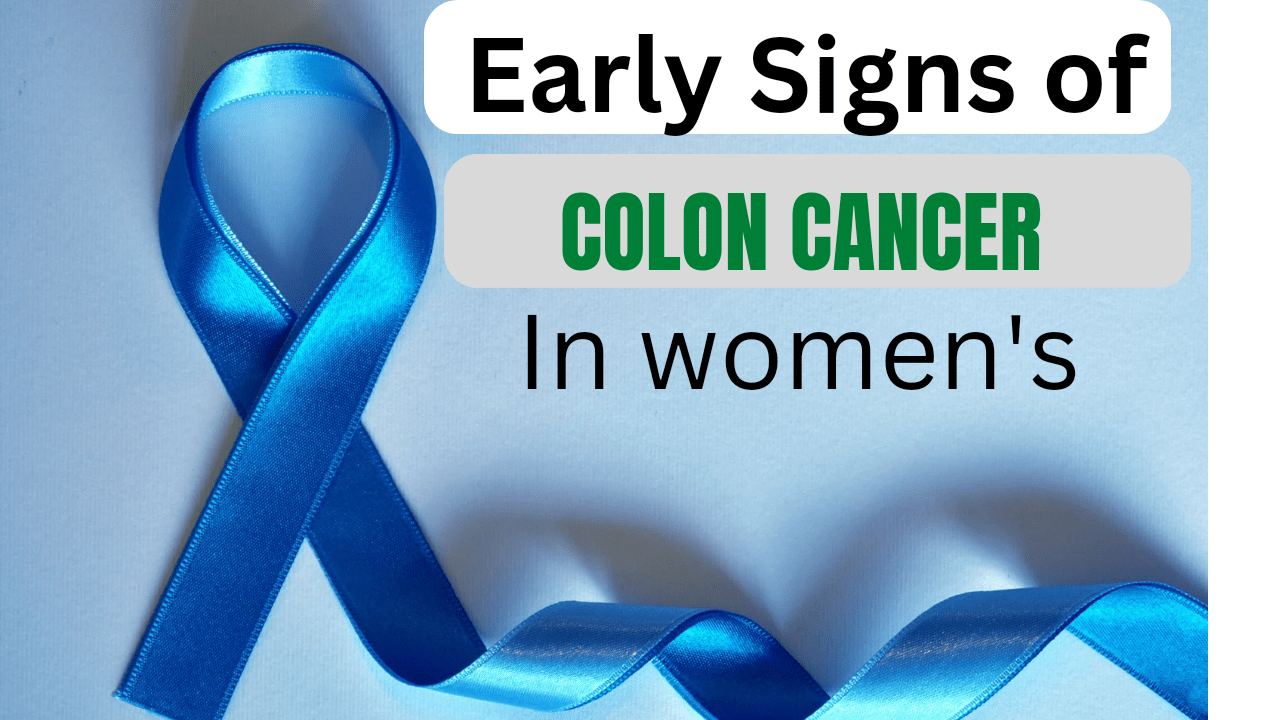Colon cancer is a type of cancer that begins in the large intestine (colon) or rectum.
It is usually a slow-growing cancer that begins as a polyp, a small, benign growth on the lining of the colon or rectum.
Over time, these polyps can become cancerous and grow into tumors. Symptoms of colon cancer include rectal bleeding, changes in bowel habits, and abdominal pain.
Colon cancer is the third most common cancer in men and women in the United States, and it is one of the most. it is one of the most preventable types of cancer if caught early.
What are the early signs of Colon Cancer?
Some of the most common early signs of colon cancer:
- A change in bowel habits, such as diarrhea or constipation, that lasts for more than a few days
- Rectal bleeding or blood in the stool
- Abdominal pain, cramping, or discomfort
- A feeling of fullness or bloating in the lower abdomen
- A loss of appetite or weight loss without trying
- Fatigue or weakness
- A mass or lump in the abdomens
What causes Colon Cancer?
Some of the most common causes of colon cancer include:
- Inflammatory bowel disease (IBD): People with IBD, such as ulcerative colitis or Crohn’s disease, have a higher risk of developing colon cancer.
- Obesity and lack of physical activity.
- Family history: If you have a family history of colon cancer or polyps, your risk of developing the disease is increased.
- Personal history: People who have had colon cancer or polyps in the past have a higher risk of developing the disease again.
- Age: The risk of colon cancer increases as people get older, with most cases occurring in people over the age of 50.
What is Colon Cancer symptoms in women’s?
Following are colon cancer Symptoms in women include:
- Unexplained weight loss
- Anemia (a low red blood cell count)
- Nausea or vomiting
- Rectal bleeding or blood in the stool
- Persistent abdominal discomfort, such as cramps, gas or pain
- A change in bowel habits, such as diarrhea or constipation or feeling the need to empty the bowel urgently.
How do you get colon cancer?
Colon cancer, also known as colorectal cancer, develops from abnormal growths called polyps in the colon or rectum. These polyps can eventually become cancerous.
Risk factors for colon cancer include a family history of the disease, age (it is more common in people over 50), a diet high in red or processed meats, smoking, and a sedentary lifestyle
what is colon cancer stage 4?
Colon cancer stage 4 is the most advanced stage of colon cancer, where the cancer has spread to distant parts of the body, such as the liver, lungs, or lymph nodes.
At this stage, the cancer is considered to be metastatic and is generally more difficult to treat than earlier stages of colon cancer.
Treatment options for stage 4 colon cancer may include
- Surgery,
- Radiation therapy, and
- Chemotherapy.
- The prognosis for stage 4 colon cancer is generally poorer than for earlier stages of the disease.
